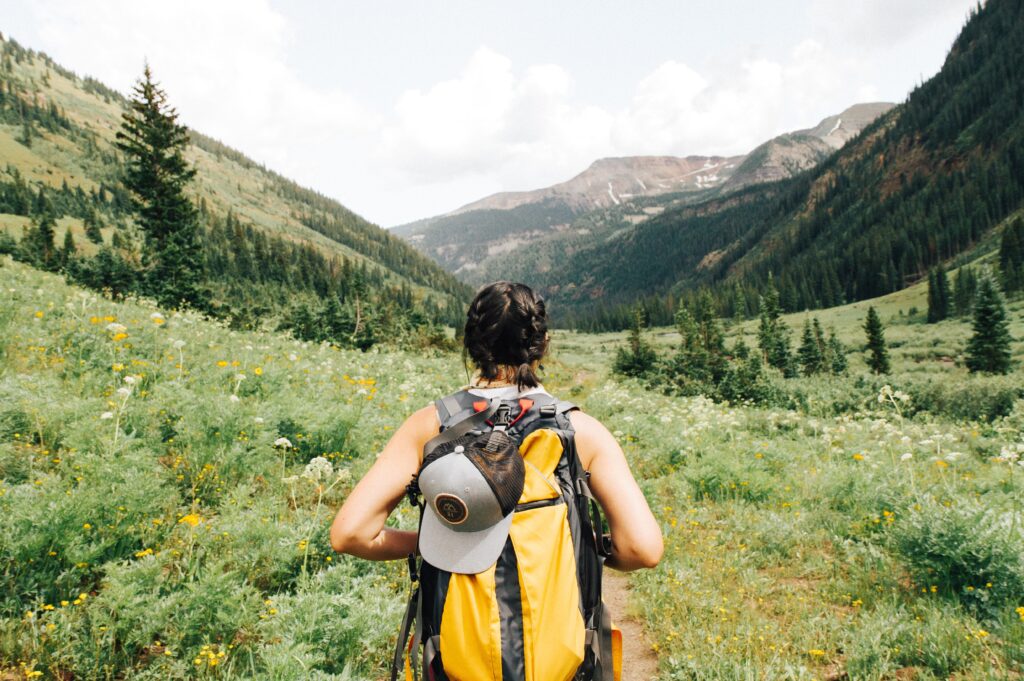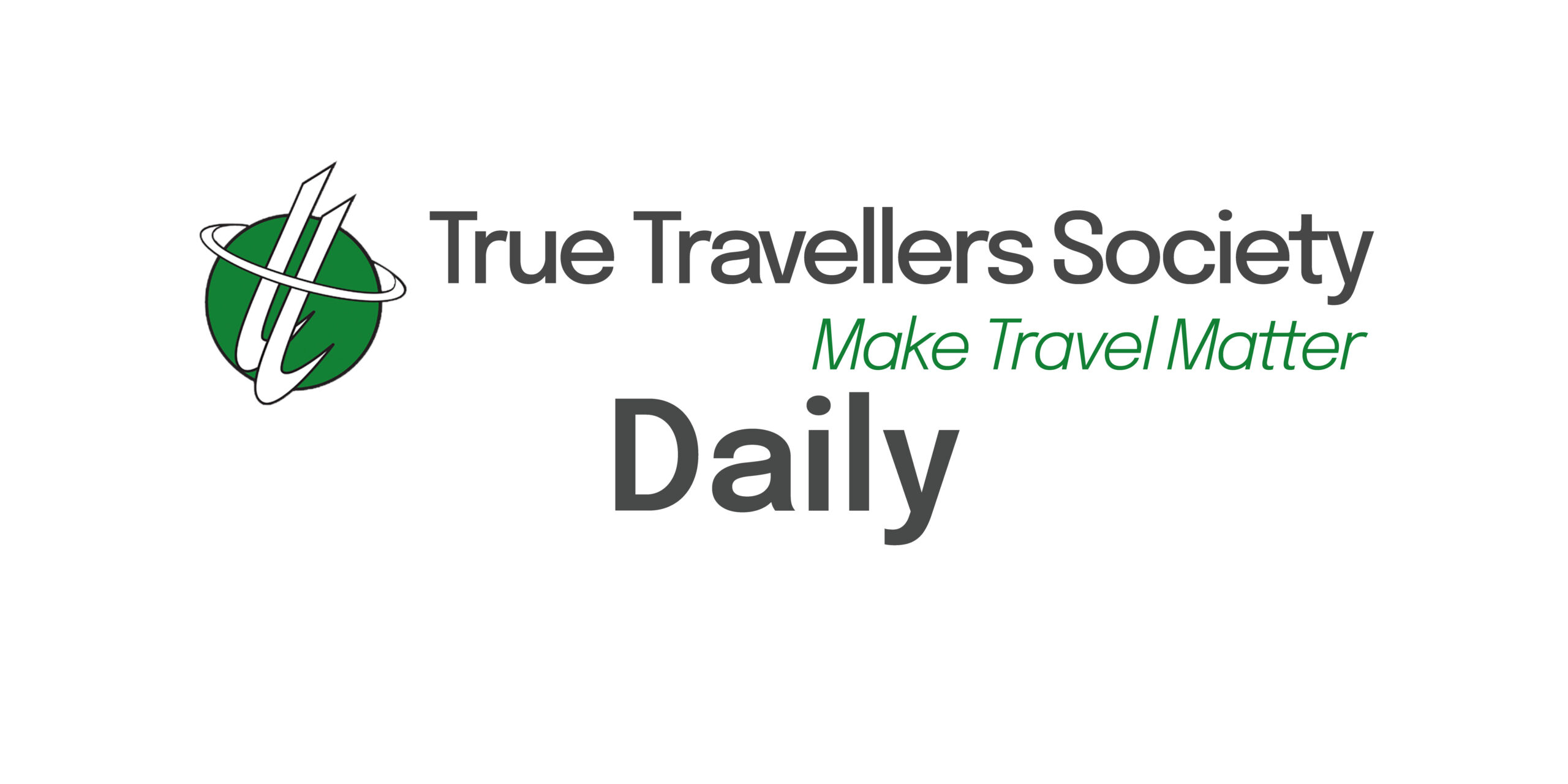Hiking can be a transformative experience. Being close to nature, pushing your body to the limit, disconnecting from daily life, enjoying the silence of the forest. Doesn’t it sound amazing? Unfortunately, the popularity of hiking has a downside as well. Despite the importance of hiking trails for local economies, many hikers can contribute to accidents (such as fires) or pollution. Plus, not all hikers are concerned with contributing to the communities in which they hike. If you are passionate about hiking and want to make sure your journey has a positive social impact, here is how you can support local communities as a hiker:
Acknowledge the importance of hiking for local economies
This might not be a well-known fact, but well-known hiking trails can actually create an economy of their own. According to a 2019 scientific study, the Centennial Trail in Spokane County has generated more than $1 million to the area. Besides the economic benefits of added travellers, a trail nearby also diminishes health costs and contributes to overall healthier and happier residents.
Why is this important? Because it demonstrates that taking care of hiking trails is not only an environmental imperative. It also contributes to positive social impact (both in economic and health terms). One of the best ways to contribute to the well-being of local communities while hiking is to demand that the hiking trail remains well-taken care of and accessible. It really does pay off to invest in high-quality hiking trails! As long as hikers keep supporting the local community. And do not contribute to the destruction of the trails, of course…

Make sure you hire local guides
If you are hiking in an unknown area and feel safer with a guide, make sure that the guide is local. Sometimes, especially in countries with big ex-pat communities, foreigners will become guides. While there is nothing wrong with that, it might be better to hire local guides and contribute to their families’ livelihoods.
Local guides are more knowledgeable and can make sure you follow the right trails and share the local history and culture with you. They know about the most beautiful places, but they are also well-acquainted with the populations you encounter during your hiking trip. Instead of feeling like an outsider, you will be made to feel like a guest – always remember to be respectful and follow local cultural norms and etiquette.
Hiring a local guide will make the hiking experience much more authentic and totally unforgettable. Plus, you will know that you are making it possible for local communities to have a stable profession by hiring that guide. You are also encouraging the local economy to keep investing in the maintenance of the hiking trail. It is a great tip to support local communities as a hiker.
Support local businesses
Whenever you have the opportunity to support a local business, please do it. That might mean avoiding franchise supermarkets in favour of smaller stores or buying local products to bring on your trip. As we have mentioned before, hiking trails are capable of creating an economy of their own. However, the most popular trails attract many outside companies, which can actually hinder local businesses. If you can afford it, make sure you eat at local restaurants. Buy at local stores and, whenever possible, rely on local tourism operators.
Remember that supporting these businesses can go beyond purchasing their services. If you are a travel blogger, writing a positive review or using your platform can be a great way to ensure that other hikers become aware of these businesses.
Spread the news of lesser known trails
It can feel great to discover an amazing trail which you have basically to yourself. But, that is not a good thing. When local authorities don’t reap the benefits of trails, they are less likely to invest in them. So, if you know about an amazing and beautiful trail, the best thing you can do is share it with other hikers. Even if you might not want to advertise it all over social media, specific apps (such as All Trails) with curated trails added by community members. Something like that can be a great way to share your newfound discovery with like-minded, passionate hikers. It is another way in which you can support local communities as a hiker.
Just as with anything else, there are trail trends. Some trails might be more popular for a few years, and then the novelty fades away. To ensure the local communities that depend on those trails still thrive, try to mix things up a little and experiment with lesser known trails. Especially those that are recommended by other experienced hikers.

Don’t mess with the animals
Local communities might not just mean human communities. When hiking in nature, it is normal to encounter some animals along the way – in fact, some hikers are avid birdwatchers, for example, and like to hike for that exact reason. However, even if you do happen to encounter animals, it’s best to leave them alone.
Even if you think you are doing something good for the animal – for example, giving it food – you might actually be causing them to lose their natural fear. That leaves them more vulnerable to predatorial humans, and you might even unwillingly spread disease among animal populations.
Not messing with the animals also includes leaving their food alone. Sure, you might take out some berries here and there, but don’t overdo it. You could be stealing food from local animals that depend on it for survival, and if every other hiker does the same thing, you can see how that becomes a problem. Avoiding such behaviour is also part of how you can support local communities as a hiker.
Leave no trace
A good trail is not filled with litter. Although local governments are responsible for maintaining trails, there is a lot you can do as a hiker. The “leave no trace” imperative is well-known by ethical hikers. That literally means there should be no trace of your presence. It would help if you were considerate of nature and other visitors. Please, don’t litter, and you should not have any impact on the delicate ecosystem of the forest.
When people see pollution and litter, they might also be less considerate of the environment. Make sure that you do not start a negative behaviour cycle. Always have a bag to store your trash and avoid disposable products.
To minimize the use of plastic, you should consider buying eco-friendly camping and hiking gear. From bamboo cutlery to biodegradable wet wipes, many great products can help you minimize your carbon footprint while enjoying the outdoors.
Keep on trail
There is a reason that trails exist. Not only are trails safer to hike because they are supposed to be carefully maintained, but they might also have a particular route to avoid causing damage to the environment. When you deviate from the trail and try to go out on your own, you might actually be causing a lot of harm. You could potentially interfere with the habitats of animals, who might already have learned to avoid humans in the trail. By accident, you might also cause damage to trees, fungi and other kinds of plant life. Or you could even contribute to erosion and increase flood risk or inadvertently dislodge rocks.
Deviating from the established trail is not only dangerous for yourself because it increases the risk of being lost, but it is also dangerous for other hikers who might follow you accidentally. In addition, it is also disrespectful for the local community, which has delineated and continues to maintain the trail. There is a reason why the trail is the way it is – trying to come up with new trail ideas is dangerous and might make it very difficult for rescuers to find you in cause you sustain an injury.

Hiking can be such an amazing experience! It is great for your health and well-being, but it also contributes to the local economy and community. As ethical hikers, ensuring our hiking experience is beneficial for everyone involved – human and otherwise – should be the utmost priority.
Whether hiking near your hometown or trying out exciting hiking trails in distant countries such as Nepal, Pakistan or Australia, try to follow these tips. And if you are curious about more articles regarding ethical travel and want to discover amazing social enterprises changing tourism all over the globe, we highly encourage you to read our blog!
Enjoyed this post? Pin it!



